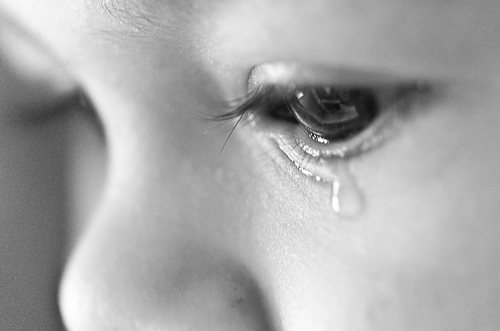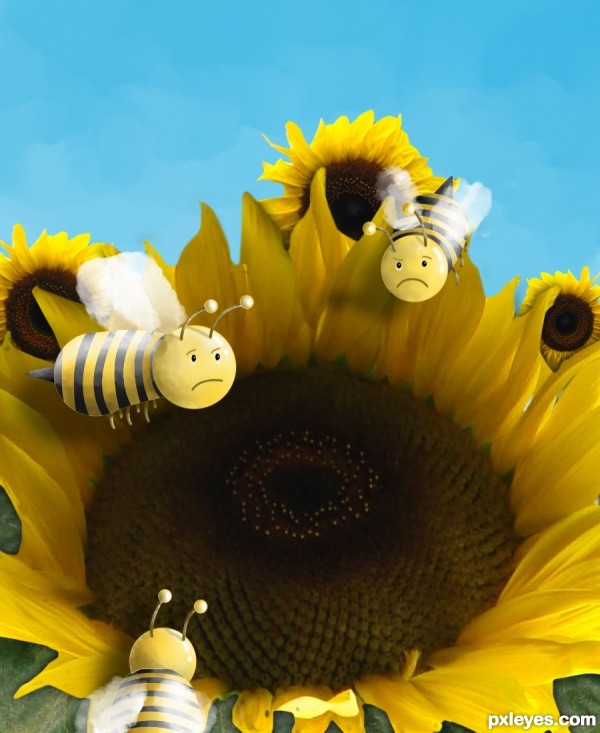Kamala Das was born in Punnayurkulam, Kerala in 1934. Kamala spent several years in Calcutta, where she went to Catholic schools. She was married fairly early before she finished college. So she happens to be the only leading Indian English poet without a degree to her name. She began writing early and published her first poems in The Indian P.E.N. The first volume of her Collected Poems, published in 1984, won her the Sahitya Academy award in 1985. Kamala Das has been typecast as a confessional poet. It is the brutal frankness of her verse that shocked and attracted readers. Kamala writes about sexual frustration and desire, the suffocation of an arranged love-less marriage, numerous affairs, the futility of lust, the shame and sorrow of not finding love after repeated attempts, of the loneliness and neurosis that stalks women especially.
Punishment in Kindergarten: Summary and Analysis
The poem is warm and muffled and recounts the picnic of the poetess at Victoria Gardens, which followed it (as Kamala Das tells us in her autobiography). She was all alone near the hedge while other girls were playing at a distance. The poem demonstrates the poet’s capacity to smell the flowers and the pain of being slighted. It hardly has any suggested larger meaning.
“Punishment in Kindergarten” is a little autobiographical poem by the famous Indo-Anglian poet Kamala Das. She recalls one of her childhood experiences. When she was in kindergarten, one day, the children were taken for a picnic. All the children except her were playing and making merry. But she alone kept away from the company of the children. Their teacher, a blue-frocked woman, scolded her, saying.
“Why don’t you join the others? What
A peculiar child you are!”
This heard all the other children who were sipping sugar cane turn and laugh. The child felt it very much. She became sad at the words of the teacher. But the laughter of the children made her sadder. She thought that they should have consoled her rather than laughed and insulted her. Filled with sorrow and shame, she did her face in a hedge and wept. This was indeed a painful experience for a little child in nursery school.
Now, after many years, she has grown into an adult. She has only a faint memory of the blue-frocked woman and the laughing faces of the children. Now she has learned to have ‘adult peace’ and happiness in her present state as a grown-up person. Now there is no need for her to be perturbed about that bitter kindergarten experience. With her long experience in life, she has learned that life is a mixture of joy and sorrow. She remembers how she has experienced both the joy and sorrow of life. The long passage of time has taught her many things. She is no more a lonely individual as she used to feel when she was a child. The poet comes to the conclusion that there is no need for her to remember that picnic day when she hid her face in the hedge, watching the steel-white sun that was standing lonely in the sky.
The subject matter of the poem has two parts, the first of which is the description of the painful experience of the kindergarten days, and the second is the adult’s attitude to the incident at present when she is no more a child. Thus the major theme of the poem is nostalgia and the sense of moving on with life.
The poem is very simple in its construction and even colloquial in diction. Yet in its delivery, it’s very much like the narrative of a film that goes back and forth in time to bring out a small incident in the life of the poetess, which sets off her introverted nature that gets all the more pronounced as she grows up. In fact, the incident is a reminder of the fact that the talented usually spend a lonely life right from the beginning. Thus from the psychological perspective, the poem is simple only on the surface level. The tone of the poem is pensive, if not sad. It is a tone of compromise in the face of inevitability. Kamala believes in letting go, and she does exorcise the minor ghost of her past only to bring out the one she is still haunted by – isolation.
Kamala seems to be saying that though sometimes, in times of crisis or loneliness, we tend to remember some long-forgotten incident of humiliation and pain, it is better to forget and forgive and move on. The poem is also a testimony to the fact that with time people tend to forget their pain and move on in life for better things.
The images used again are deceptively simple. In tune with the theme of the poem, the images are evocative yet blurred. The teacher’s identity gets shrunk to a blue skirt, but the words she ‘threw’ at her are still remembered as pots and pans. Though the image is a humorous one, it shows the obnoxiousness of the assault. Words hurt the young girl more than real hurts, and today, after so long, they have taken a more materialistic form in the memory of the grown person. The image of the hedge and the sun is quite symptomatic of the introvertive nature of the poet and the subtle projection of her chronic loneliness unto a celestial object. The synaesthetic evocation of the image, the smell of pain, is remarkable for its zeugma.
It’s not only the above-mentioned zeugma that adds the ting to the poem but also the simile, the metaphor, the metonymy, and the personification in the following lines, respectively – “throwing Words at me like pots and pans,” “That honey-colored day of peace” “A blue-frocked woman,” “The years have Sped along, stopping briefly at beloved halts and moving sadly on.” Add the necessary and indispensable ring of poetry to the lines.
Thus the poem is a true modernist poem which, at the same time, nostalgically remembers an incident of childhood, remembers it not in a moment of glorification but as an insight into an event of pain due to an inborn desire for isolation and of difference. Kindergarten thus transforms from a site of celebration of innocence to the mourning of the loss of innocence, yet with a positive note of the desire or capability of letting go.
Some online learning platforms provide certifications, while others are designed to simply grow your skills in your personal and professional life. Including Masterclass and Coursera, here are our recommendations for the best online learning platforms you can sign up for today.
The 7 Best Online Learning Platforms of 2022
- Best Overall: Coursera
- Best for Niche Topics: Udemy
- Best for Creative Fields: Skillshare
- Best for Celebrity Lessons: MasterClass
- Best for STEM: EdX
- Best for Career Building: Udacity
- Best for Data Learning: Pluralsight

















Dear Sir,
This was really helpful.
Can you please explain the poem by Jayanta Mohapatra “Sanskrit”
pls mail it to me
To Kamala; Hi ;I am Sir Max from Mama Baby Care School I teach English , I know that a teacher is the one who is supposed to give confidence to a child , She is the one who is to guide the children so they gain confidence in life , I say that the teacher was not qualified to be one,
Very very very nice .